Today, the US Virgin Islands celebrates the life and mourns the loss of a great Civil Rights leader. A man who dedicated his life to challenging racial inequality and attempting to instill the same liberties in the African American communities around the country that others of a lighter skin tone could enjoy without a fight. With a deep seeded history of slavery and inequality, it is not surprising that the USVI takes this holiday of remembrance very seriously. You won’t find a bank, a government office or a variety of private businesses open today in the territory. The doors are locked up tight with workers participating in walks, family gatherings and celebrations of Dr. Martin Luther King Jr.’s life and legacy.
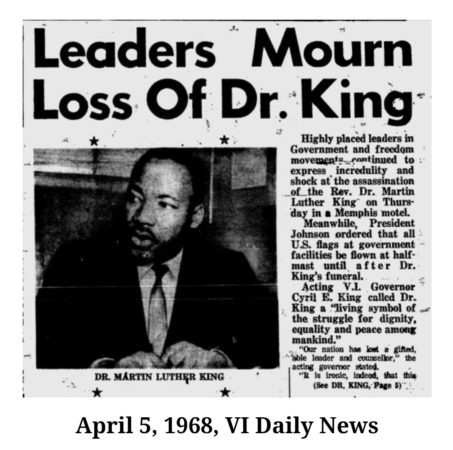
In the days following Dr. King’s 1968 assassination, Acting Governor of the USVI, Cyril E. King, referred to him as “a living symbol of the struggle for dignity, equality, and peace among mankind.”
And went on to proclaim:
“Our nation has lost a gifted, able leader and counselor. This great man, the foremost advocate of non-violence, has become the victim of senseless violence and of the hate and turmoil which has beset the world. His tragic death creates a vacuum in the forces of reason, which are earnestly seeking to re-establish the fundamental principles of the brotherhood of man. Words are inadequate to express fully the shock and deep sense of grief which we, here in the Virgin Islands, feel as a result of the slaying of this good, gentle, God-fearing man.”
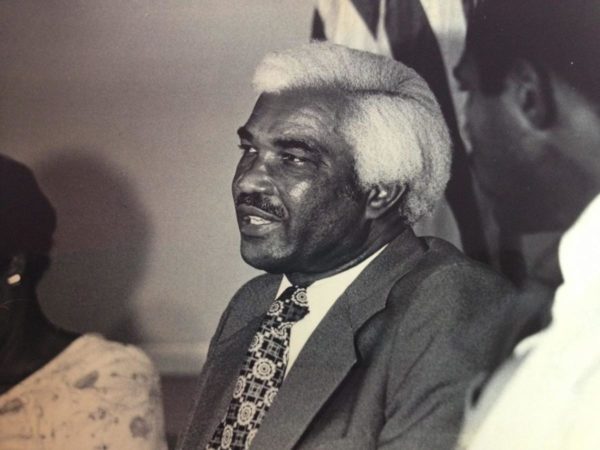
Less than a week after Dr. King’s death, President Lyndon B. Johnson signed the Civil Rights Act of 1968 which “barred discrimination in federally funded housing and created new penalties for threatening or injuring persons exercising their civil rights.” The two had shared a passion for stomping injustices and overcoming racial inequalities but differing opinions on the Vietnam War created a riff in their relationship. In his last year of presidency, and following the assassination of his friend, President Johnson halted the bombing in Vietnam and pushed forward for peace talks. He has been quoted as saying he had never felt a “sense of powerlessness more acutely than the day Martin Luther King, Jr., was killed.”
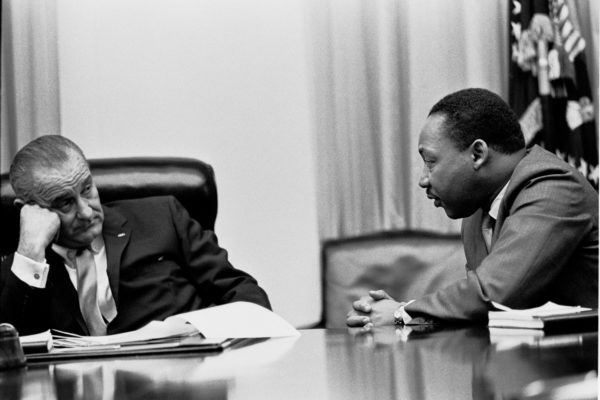
Despite the push forward in his honor by President Johnson, MLK Day wasn’t nationally recognized until the year 2000!!! In 1999, New Hampshire finally adopted the third Monday in January as a day of reflection and remembrance. And, in 2000, the country celebrated the day as a whole nation. Finally. It took the federal government FIFTEEN years to pass a federal bill that would honor a man who stood in peaceful protest for the rights of so many of our country men and women. In 1983, Ronald Reagan signed the holiday into federal law and it wasn’t until 1986 that some states began to celebrate it. MLK Day would be the third holiday in recognition of a private figurehead in the United States (George Washington and Christopher Columbus being the other two).
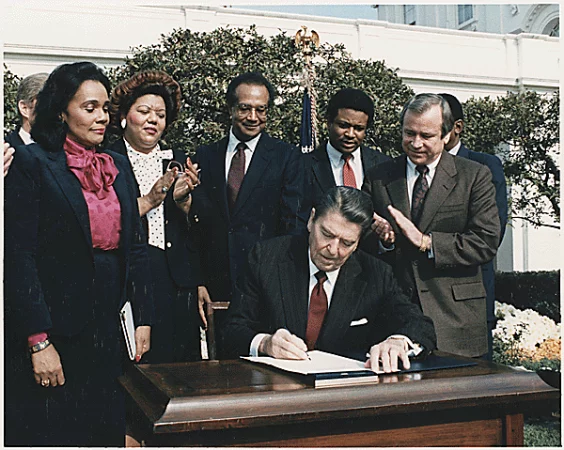
But in 1969, one year after his passing, and more than a decade before the US would adopt the holiday, the USVI was the first to declare a day of celebration in Dr. Martin Luther King Jr.’s honor. And that day of celebration has traditionally been marked with parades, peaceful walks, music, moments of silence and prayer. COVID restrictions against large gatherings have halted those celebrations this year, but the islands will still be celebrating in solidarity. Each resident, taking a day off from their own “acts of service” in honor of the late Reverend.
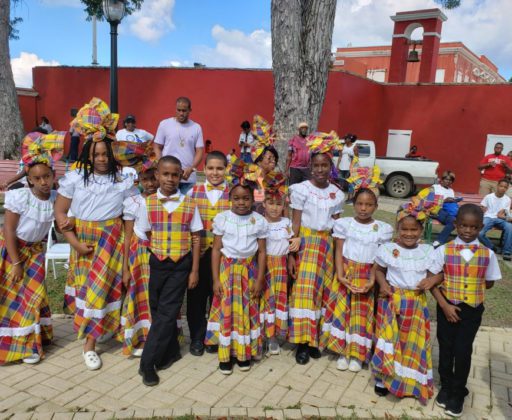
Martin Luther King, Jr. was assassinated in his hotel in Memphis, Tennesse on April 4, 1968. He had just had a conversation with a musician, from whom he requested the hymn Take my Hand, Precious Lord for an event planned later that evening. He was speaking with Reverend Jesse Jackson when the fatal shooting took place. He was in Memphis in solidarity with African-American sanitation workers who had been on strike for nearly two months. He was there to support them and to encourage their peaceful engagements in requests of simple freedoms and liberties. This was his second trip to Memphis in a month’s time. The first was for a walk in March that ended in violence. The second trip, in April, was stalled due to a bomb threat on his plane.
The day before the shooting, he gave a speech entitled I have Been to the Mountaintop. In it, he referred to a 1958 failed assassination attempt and his brush with death that, according to his doctor, something as slight as a sneeze on the way to the hospital could have killed him. He encouraged the workers to NOT engage in violence. Because the search for justice would be derailed with a focus on just that.
Let us keep the issues where they are. The issue is injustice. The issue is the refusal of Memphis to be fair and honest in its dealings with its public servants, who happen to be sanitation workers. Now, we’ve got to keep attention on that. That’s always the problem with a little violence. You know what happened the other day, and the press dealt only with the window-breaking. I read the articles. They very seldom got around to mentioning the fact that one thousand, three hundred sanitation workers are on strike, and that Memphis is not being fair to them, and that Mayor Loeb is in dire need of a doctor. They didn’t get around to that.
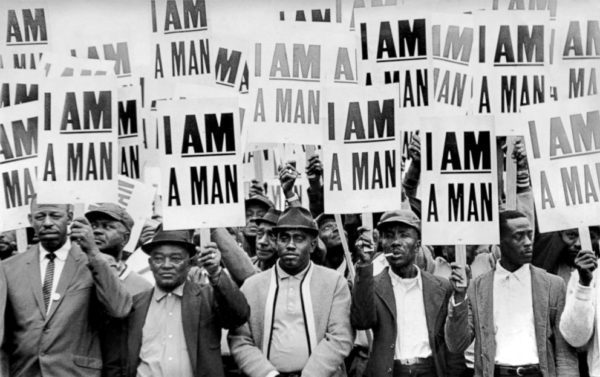
But, he also made, in that incredibly powerful final declaration, some commentary about a walk down memory lane. A walk through the history of injustices and not stopping until he arrived at his present day. Ending each recap with the statement, “But I wouldn’t stop there…” Until he did, in his dwindling days of the second half of the 20th century.
Now that’s a strange statement to make, because the world is all messed up. The nation is sick. Trouble is in the land; confusion all around. That’s a strange statement. But I know, somehow, that only when it is dark enough can you see the stars.
I find it interesting, as we celebrate the memory of this great man today, that those words continue to ring true. Yes, many injustices have been overcome in the 54 years since the passing of the first figurehead in the peaceful fight for Civil Rights in America. But, his words, in the above statement, still ring true today with a slightly different meaning. Times feel a little dark right now, yes? It’s a little tough some days. It’s hard to see the light. But, in that darkness, we still can look for the stars.
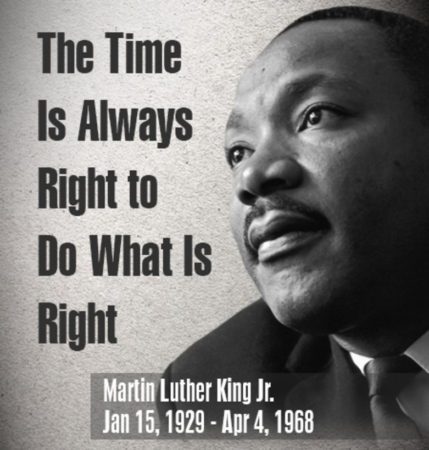
And in the USVI, the forerunner of celebration of this holiday in memorandum of the great Reverend, the doors to many businesses will be closed in solidarity. In remembrance. In honor of the late, great, Martin Luther King, Jr. and his peaceful and inspirational quest for equality. But, we won’t stop there.
Darkness cannot drive out darkness. Only light can do that. Hate cannot drive out hate. Only love can do that.


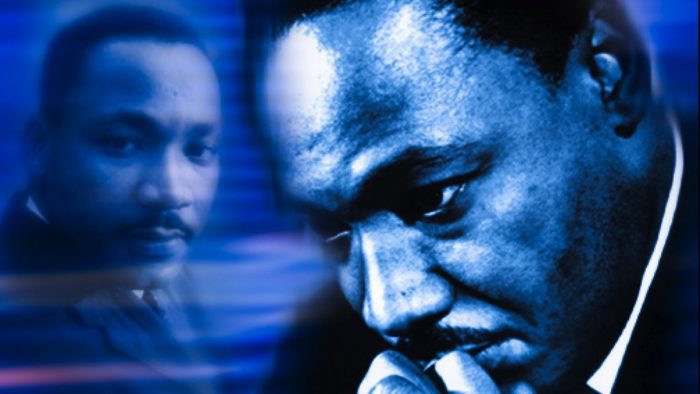

Great person, great post – thank you!
Thank you for this well-written post!